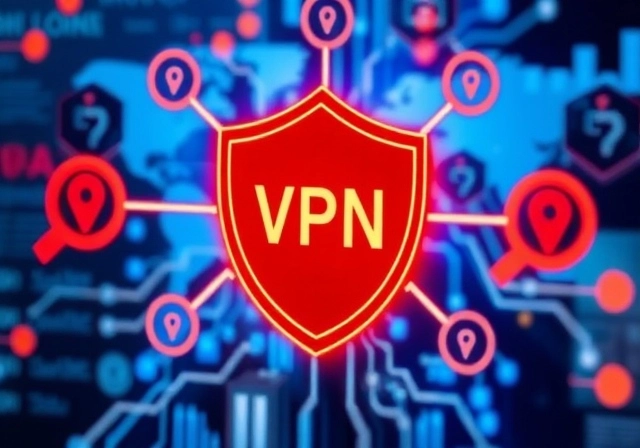How VPN works and uses of VPN
Editorial Manager
Published: Oct. 23, 2024 | Updated: Nov. 20, 2024
What is VPN? How VPN works and uses of vpn
A VPN (Virtual Private Network) is a technology that creates a secure and encrypted connection over a less secure network, typically the internet. It allows users to send and receive data as if their devices were directly connected to a private network, such as a company’s internal network, while they are physically on a public or untrusted network.
Here's how a VPN works:
-
Encryption: When you connect to a VPN, your internet traffic is encrypted, meaning it's converted into a secure code that prevents others from reading it. This is especially important on unsecured networks, like public Wi-Fi.
-
Tunneling: VPNs use a technique called "tunneling," which means your data is sent through a secure "tunnel" between your device and the VPN server. This hides your activities from anyone outside the tunnel.
-
IP Address Masking: VPNs mask your IP address, making it appear as though you're accessing the internet from a different location, usually wherever the VPN server is located. This can help with privacy, anonymity, and accessing content that might be restricted in your region.
Key Uses of VPNs:
- Privacy and Anonymity: By encrypting your traffic and hiding your IP address, a VPN helps protect your online identity and browsing activities from hackers, ISPs, and even government surveillance.
- Bypassing Geo-Restrictions: VPNs allow users to access content that may be blocked or restricted based on geographic location, such as streaming services or websites unavailable in certain countries.
- Secure Remote Access: Companies use VPNs to give employees secure access to corporate networks while working remotely.
- Protection on Public Wi-Fi: When using public Wi-Fi (in cafes, airports, etc.), a VPN ensures that your data remains safe from potential hackers who might be lurking on the network.
In summary, a VPN boosts online security, privacy, and freedom by encrypting your connection and masking your location.
VPN stands for "Virtual Private Network" and describes the opportunity to establish a protected network connection when using public networks. VPNs encrypt your internet traffic and disguise your online identity. This makes it more difficult for third parties to track your activities online and steal data. The encryption takes place in real time.